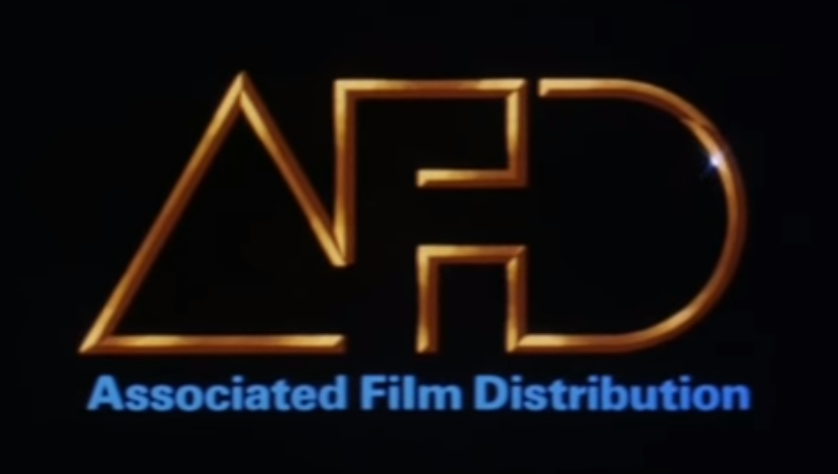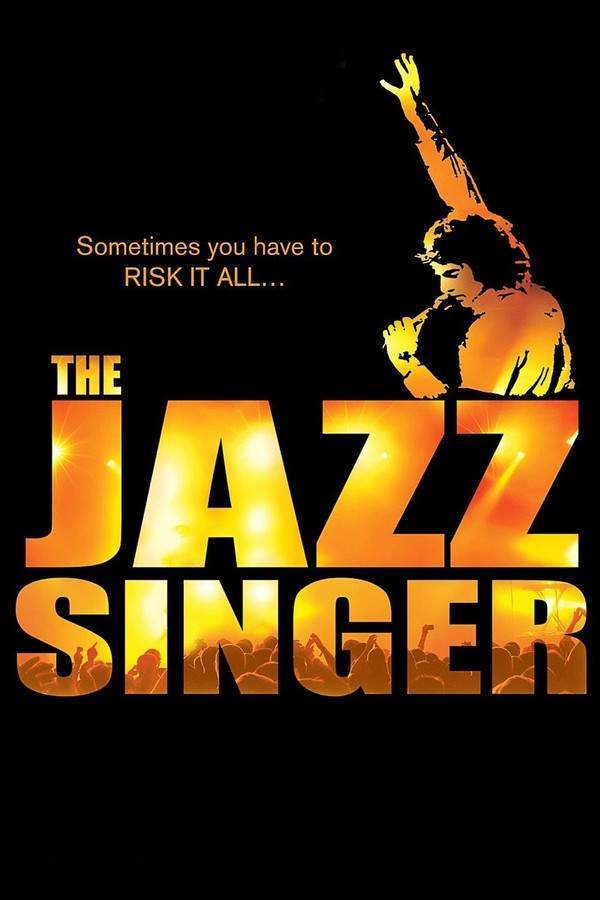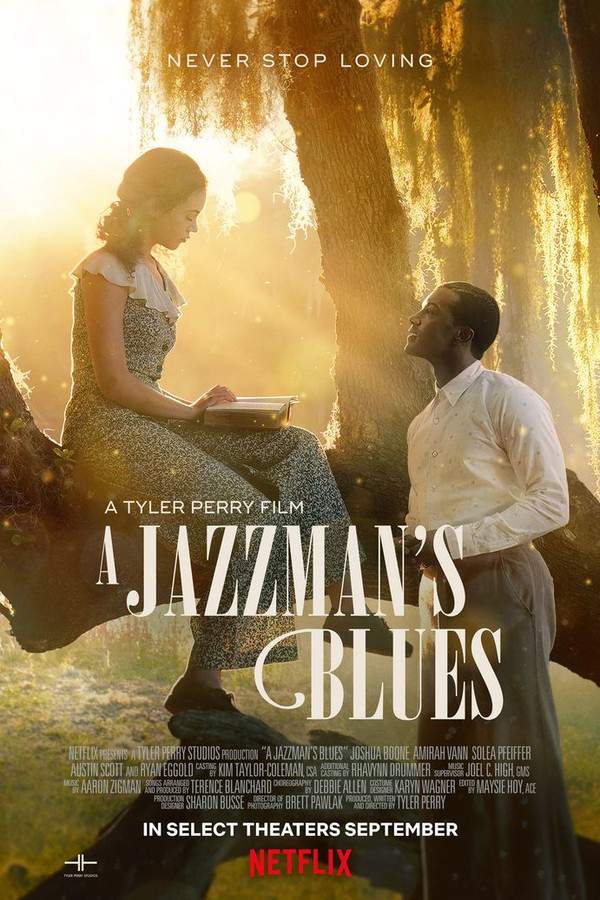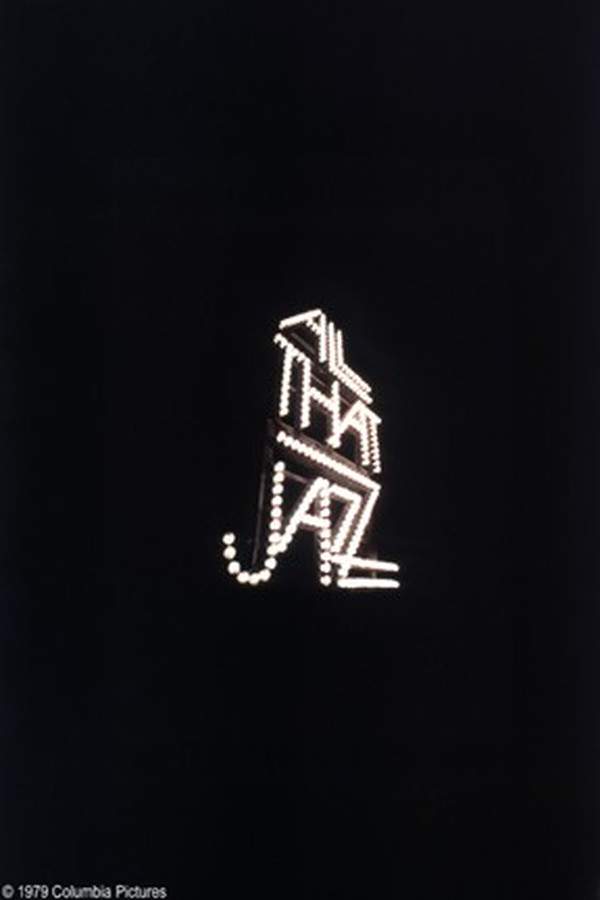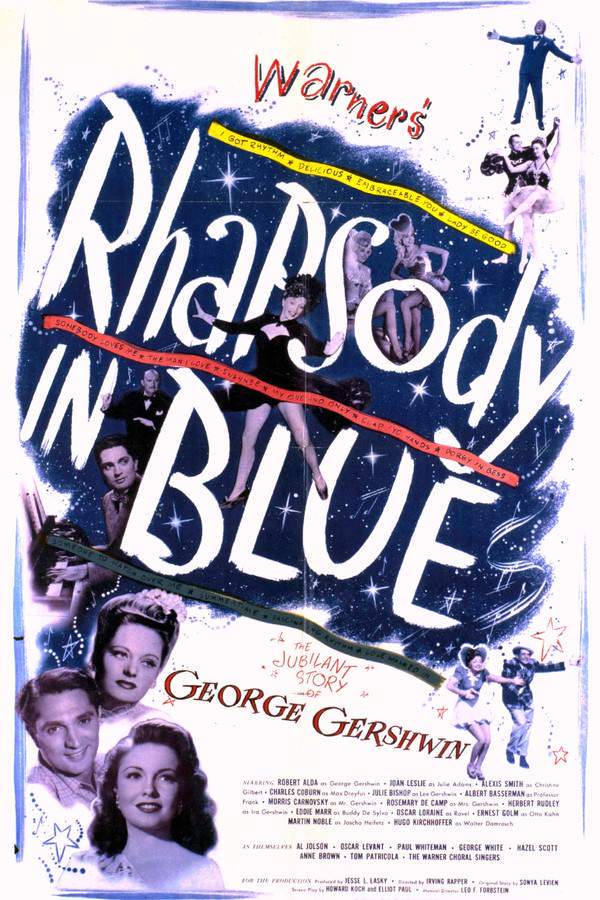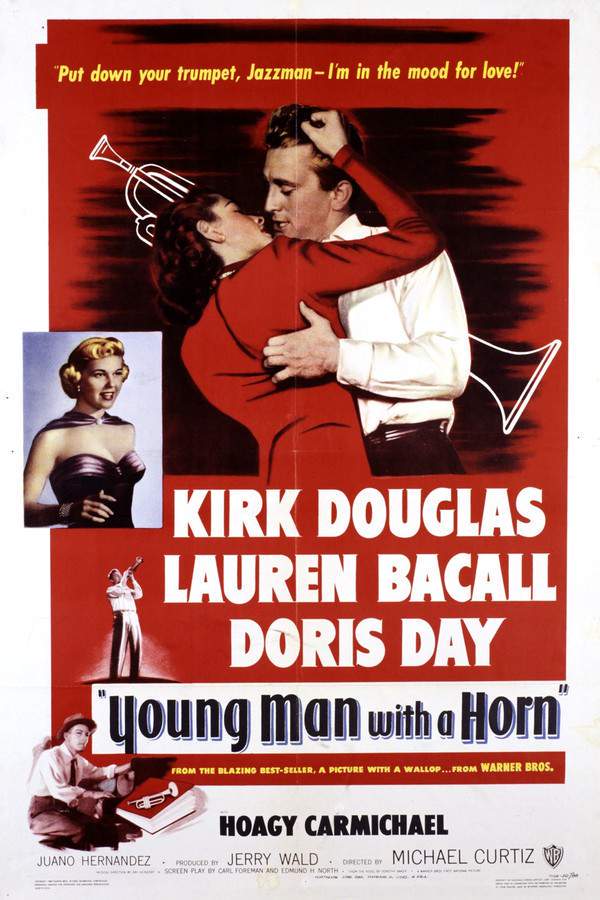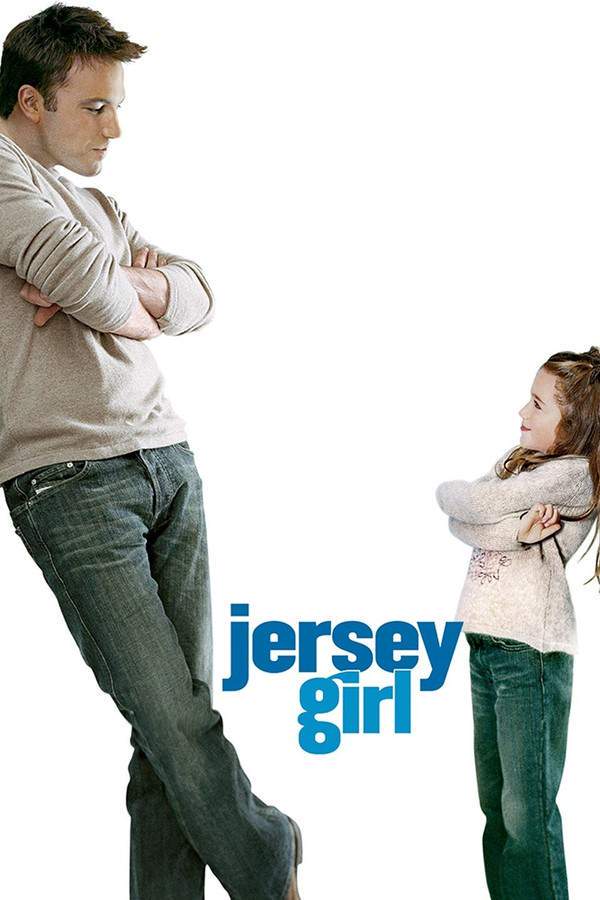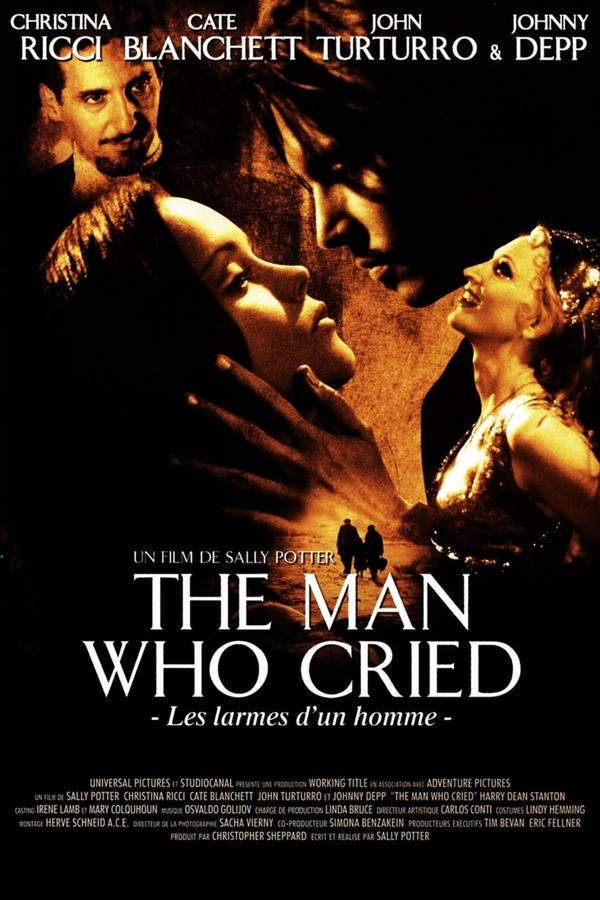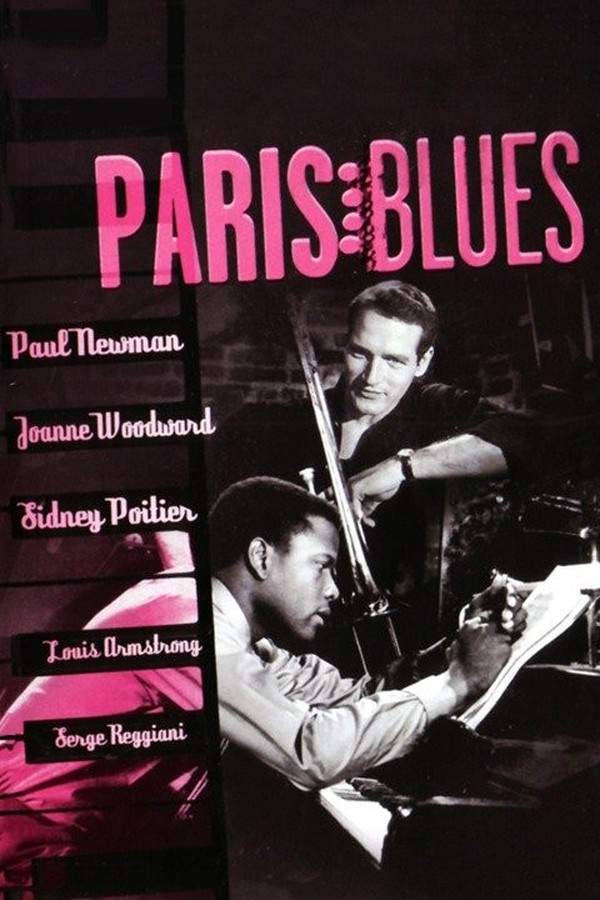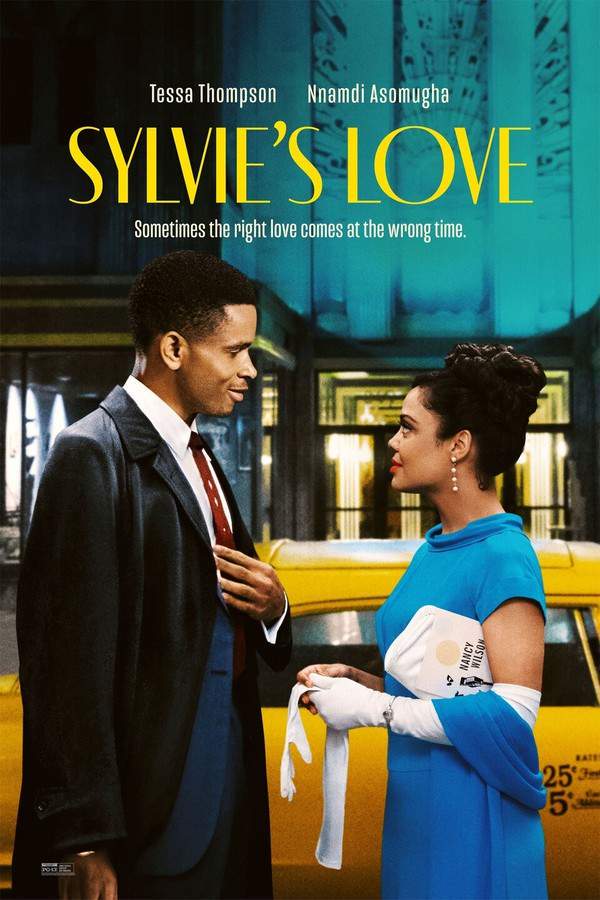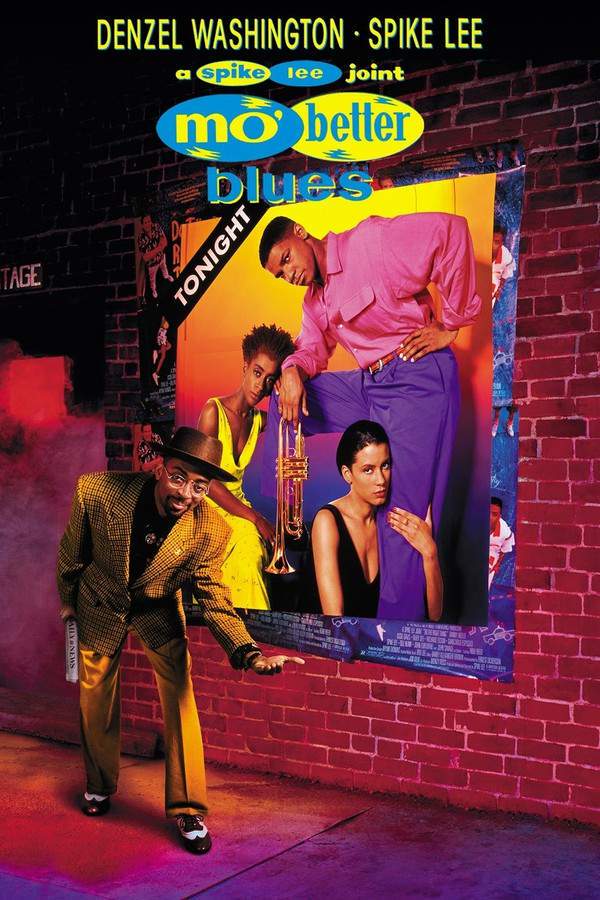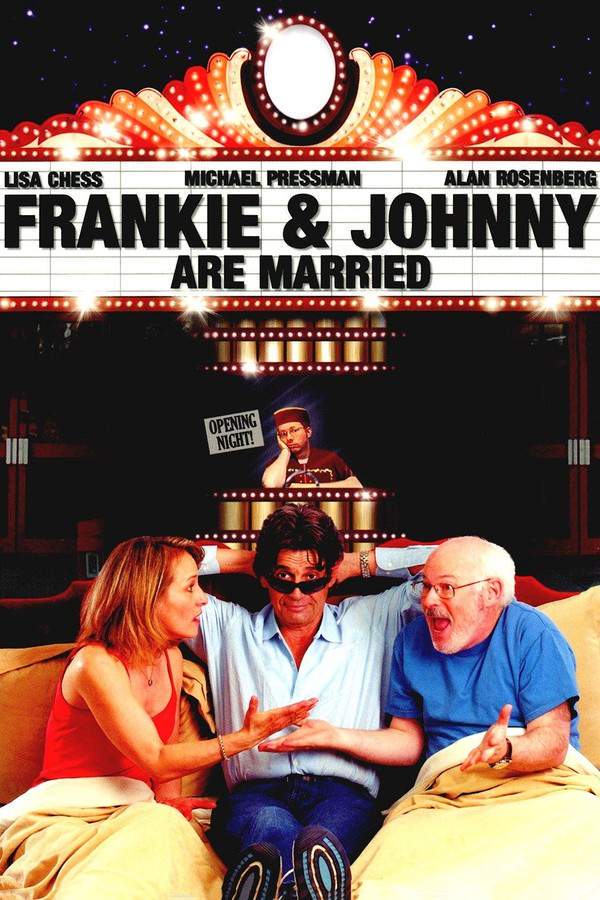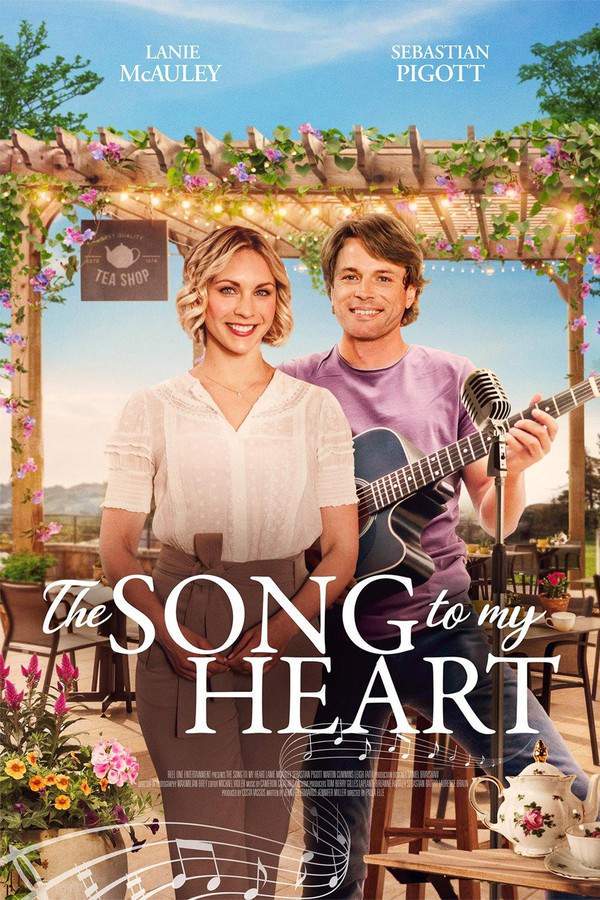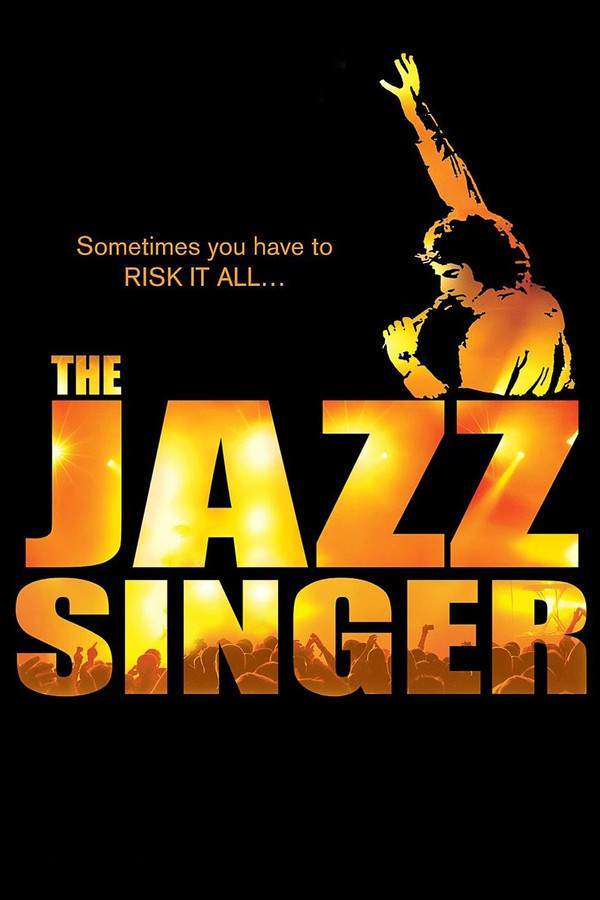
The Jazz Singer 1980
Directed by
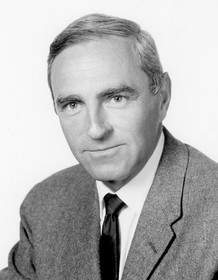
Richard Fleischer
The Jazz Singer Plot Summary
Read the complete plot summary and ending explained for The Jazz Singer (1980). From turning points to emotional moments, uncover what really happened and why it matters.
Yussel Rabinovitch, portrayed by Neil Diamond, is a young Jewish cantor and the fifth-generation in his family at the synagogue overseen by his domineering father, Laurence Olivier. Yussel’s life appears set in the path of religious devotion, alongside his childhood friend and wife, Caitlin Adams. However, beneath the surface, he secretly writes songs for a black singing group. When a band member gets arrested, Yussel takes a risk by donning blackface to perform at a club, leading to unexpected complications after a patron notices his white hands. This incident escalates into a confrontation, resulting in the band’s arrest.
His father arrives to bail them out, only to discover Yussel has been performing under the stage name “Jess Robin.” Their conversation reveals a deep-seated clash between Yussel’s personal aspirations and his father’s intentions for his divine voice, as his father insists that it should be devoted exclusively to God’s glory.
In this journey, Yussel’s close friend Bubba, played by Franklyn Ajaye, informs him of an exciting opportunity for the group in Los Angeles, working behind a well-known singer, Paul Nicholas. As Yussel begins crafting a new song titled “Love on the Rocks,” it becomes evident that he aspires for greater recognition, even though Rivka remains anchored to their home life. When the singer in Los Angeles expresses interest in recording the song, he faces a dilemma as both his wife and father disapprove of his ambitions. Ultimately, during his father’s 25th anniversary as a cantor, Yussel is granted permission to pursue his dreams.
Upon arriving in Los Angeles, Yussel is taken under the wing of music agent Lucie Arnaz, but his expectations are dashed when the song he wrote is transformed into a hard rock rendition. Determined to retain the integrity of his ballad, he seizes an opportunity to demonstrate his original vision, earning Molly’s endorsement. However, complications arise when the group is let go, causing Yussel to doubt his potential.
Back home, Rivka finds herself caught between her loyalty to her husband and the pressures from Cantor Rabinovitch, who believes she should bring Yussel back. However, on Yussel’s big night, as he sings “Summer Love” and “Hey Louise,” Rivka arrives and eventually meets Molly, igniting a clash of values as the concert garners enormous applause. Amidst this success, Rivka comprehends that Yussel’s aspirations whisk him further away, and she chooses to step back.
Over time, as their lives diverge, Yussel confesses his feelings for Molly after a painful separation from Rivka. His burgeoning success is overshadowed by familial conflict, especially when his father confronts him about his choice to pursue music rather than family. Things come to a head when Yussel learns of his father’s hospitalization, which forces him to confront old wounds. Guided by Molly’s encouragement, he reconciles with his father, leading to a touching reunion during Yom Kippur as he sings at the synagogue.
The film culminates with Yussel’s heartfelt performance of “America,” with his father and Molly’s support, showcasing the remarkable journey of a man navigating the crossroads of faith, ambition, and familial bonds.
The Jazz Singer Timeline
Follow the complete movie timeline of The Jazz Singer (1980) with every major event in chronological order. Great for understanding complex plots and story progression.
Yussel's Early Life
Yussel Rabinovitch, a young Jewish cantor, is introduced as the fifth-generation of his family dedicated to the synagogue led by his strict father. His life seems to be mapped out with religious devotion and a promising future alongside his childhood friend and wife.
Secret Songwriting
Despite the expectations placed on him, Yussel secretly writes songs for a black singing group. This hidden passion reveals his desire to explore a path beyond what is laid out by his family and community.
The Risky Performance
When a member of his band is arrested, Yussel decides to take an audacious step by performing in blackface at a local club. This decision leads to unexpected complications when a patron notices his white hands, ultimately triggering a confrontation that ends in the band's arrest.
Father's Intervention
Yussel's father arrives to bail him and the band out of jail, where he learns about Yussel's alter ego, 'Jess Robin.' During a tense conversation, they confront their differing views about Yussel’s future, highlighting the conflict between personal dreams and familial obligations.
Opportunity in Los Angeles
Yussel’s friend, Bubba, shares an exciting opportunity in Los Angeles, connecting the group with renowned singer Paul Nicholas. Yussel begins crafting a new song, 'Love on the Rocks,' illustrating his ambition for greater recognition.
Dilemma of Ambition
As Yussel prepares for a potential breakthrough, he faces disapproval from both his wife, Rivka, and father regarding his aspirations. This internal conflict showcases the pressure he feels to adhere to familial expectations while chasing his dreams.
Permission to Pursue Dreams
During his father's 25th anniversary as a cantor, Yussel finally receives permission to pursue his music career. This moment serves as a pivotal turning point in his journey, allowing him to embrace his true passions.
Meeting Lucie Arnaz
Upon arriving in Los Angeles, Yussel meets music agent Lucie Arnaz, who initially supports him. However, his excitement is short-lived when he finds out that his heartfelt ballad has been turned into a hard rock version, leading to disappointment.
Demonstrating Integrity
Determined to stay true to his artistic vision, Yussel seizes the opportunity to showcase his original song. His efforts earn the endorsement of Molly, a sign that his talent is recognized, even as obstacles continue to arise.
Rivka's Dilemma
Back home, Rivka battles with her loyalty to Yussel and the pressures exerted by his father. She feels torn between supporting Yussel’s ambitions and adhering to traditional expectations, creating a strain on their relationship.
Yussel's Big Night
On a night that is meant to highlight his success, Yussel performs 'Summer Love' and 'Hey Louise.' Rivka attends the concert, culminating in a contrasting clash of values as they navigate their diverging paths amidst the applause.
Personal Conflicts
After a painful separation from Rivka, Yussel confesses his feelings for Molly. His growing success is overshadowed by ongoing familial conflict, particularly with his father's disappointment over his musical pursuit.
Father's Hospitalization
When Yussel learns of his father's hospitalization, it prompts him to confront unresolved issues from his past. This urgent situation reignites his desire to reconcile and address their fractured relationship.
Reconciliation
Guided by Molly’s encouragement, Yussel reconciles with his father during Yom Kippur. Their reunion is filled with emotion, symbolizing their shared love and the complexity of familial obligations against the backdrop of faith.
The Final Performance
The film culminates with Yussel's heartfelt performance of 'America' at the synagogue. Surrounded by the support of his father and Molly, it encapsulates his transformative journey through faith, ambition, and family ties.
The Jazz Singer Characters
Explore all characters from The Jazz Singer (1980). Get detailed profiles with their roles, arcs, and key relationships explained.
Yussel Rabinovitch (Jess Robin) - Neil Diamond
Yussel is a passionate young cantor torn between his family's expectations and his desire to become a successful musician. He embodies the conflict of tradition versus ambition, ultimately navigating the trials of personal aspiration and familial loyalty.
Cantor Rabinovitch - Laurence Olivier
Yussel's father, Cantor Rabinovitch, is a strict traditionalist who expects Yussel to follow in his footsteps. His unwavering stance on religious devotion underscores the familial pressure Yussel faces throughout his journey.
Rivka - Caitlin Adams
Rivka is Yussel’s supportive wife, caught between her love for him and her loyalty to family traditions. Her character represents the emotional toll and struggle faced by those supporting a partner's ambitions while adhering to societal expectations.
Bubba - Franklyn Ajaye
Bubba serves as Yussel's encouraging friend, introducing him to new opportunities and pushing him to embrace his ambitions. His optimistic outlook contrasts with the more conservative views of Yussel's family.
Molly - Lucie Arnaz
Molly is a pivotal character who helps Yussel navigate the music industry. Her support and belief in his talent facilitate his growth as an artist, while also prompting him to confront his past.
The Jazz Singer Settings
Learn where and when The Jazz Singer (1980) takes place. Explore the film’s settings, era, and how they shape the narrative.
Time period
The film's events unfold in a contemporary setting, reflecting the cultural shifts of the late 20th century. This period is characterized by the blending of musical genres and the rise of diverse artistic expressions, significantly impacting Yussel's journey.
Location
Synagogue, Los Angeles
The synagogue serves as a central hub for Yussel's religious upbringing, representing tradition and familial expectations. Los Angeles is known for its vibrant music scene and entertainment industry, providing both opportunities and challenges for aspiring artists like Yussel.
The Jazz Singer Themes
Discover the main themes in The Jazz Singer (1980). Analyze the deeper meanings, emotional layers, and social commentary behind the film.
🎤
Ambition
Yussel's yearning for artistic recognition drives the narrative, showcasing the struggle between personal dreams and familial obligations. His journey highlights the complexities of pursuing one's passion in the face of cultural and parental expectations.
💔
Conflict
The film explores the tension between tradition and modernity, as Yussel grapples with his father's expectations and his own artistic identity. This internal and external conflict shapes the characters' relationships, particularly between Yussel, his wife Rivka, and his father.
🌟
Reconciliation
Themes of reconciliation emerge as Yussel confronts his family's values and strives to mend his relationship with his father. The emotional climax emphasizes the power of forgiveness and understanding, providing a sense of closure to Yussel's personal and musical struggles.
The Jazz Singer Spoiler-Free Summary
Discover the spoiler-free summary of The Jazz Singer (1980). Get a concise overview without any spoilers.
In a world where the resonant chants of a synagogue echo alongside the restless pulse of a burgeoning jazz scene, the film paints a richly textured portrait of a community caught between reverence and reinvention. The setting feels both intimate and expansive: modest prayer halls sit just a stone’s throw from smoky nightclubs, and the air vibrates with the clash of sacred hymnody and the syncopated beats of a new musical frontier. This juxtaposition creates a mood that is at once nostalgic and forward‑looking, inviting the audience to feel the weight of tradition while tasting the bright promise of change.
At the heart of the story is Yussel Rabinovitch, a young man born into a lineage of cantors and expected to devote his prodigious voice to the sanctuary. Beneath his respectful exterior beats a restless love for jazz, a genre that beckons with improvisation, defiant rhythm, and the lure of a wider audience. His quiet rebellion finds expression in secret songwriting, hinting at a soul torn between inherited duty and an irrepressible yearning to be heard on a different stage.
The familial ties that bind Yussel are woven tightly with both affection and expectation. His father, the stalwart cantor, embodies the weight of generational faith, while his wife Rivka represents a steadfast anchor to home and heritage. A loyal friend, Bubba, adds a touch of camaraderie and offers glimpses of possibilities beyond the familiar streets. Together they create a delicate web of loyalty, love, and conflict, each character reflecting a facet of the central dilemma.
Against this backdrop, the film’s tone sways between the heartfelt solemnity of worship and the electrifying spontaneity of jazz clubs, promising a journey that explores identity, ambition, and the courage required to bridge two worlds. The audience is left to wonder whether the melody of tradition can harmonize with the daring riffs of modernity, and what price, if any, must be paid for a voice that seeks to sing both.
Can’t find your movie? Request a summary here.
Movies with Similar Twists and Themes
Uncover films that echo the narrative beats, emotional arcs, or dramatic twists of the one you're exploring. These recommendations are handpicked based on story depth, thematic resonance, and spoiler-worthy moments — perfect for fans who crave more of the same intrigue.
Featured on this page

What's After the Movie?
Not sure whether to stay after the credits? Find out!
Explore Our Movie Platform
New Movie Releases (2025)
Famous Movie Actors
Top Film Production Studios
Movie Plot Summaries & Endings
Major Movie Awards & Winners
Best Concert Films & Music Documentaries
Movie Collections and Curated Lists
© 2025 What's After the Movie. All rights reserved.


